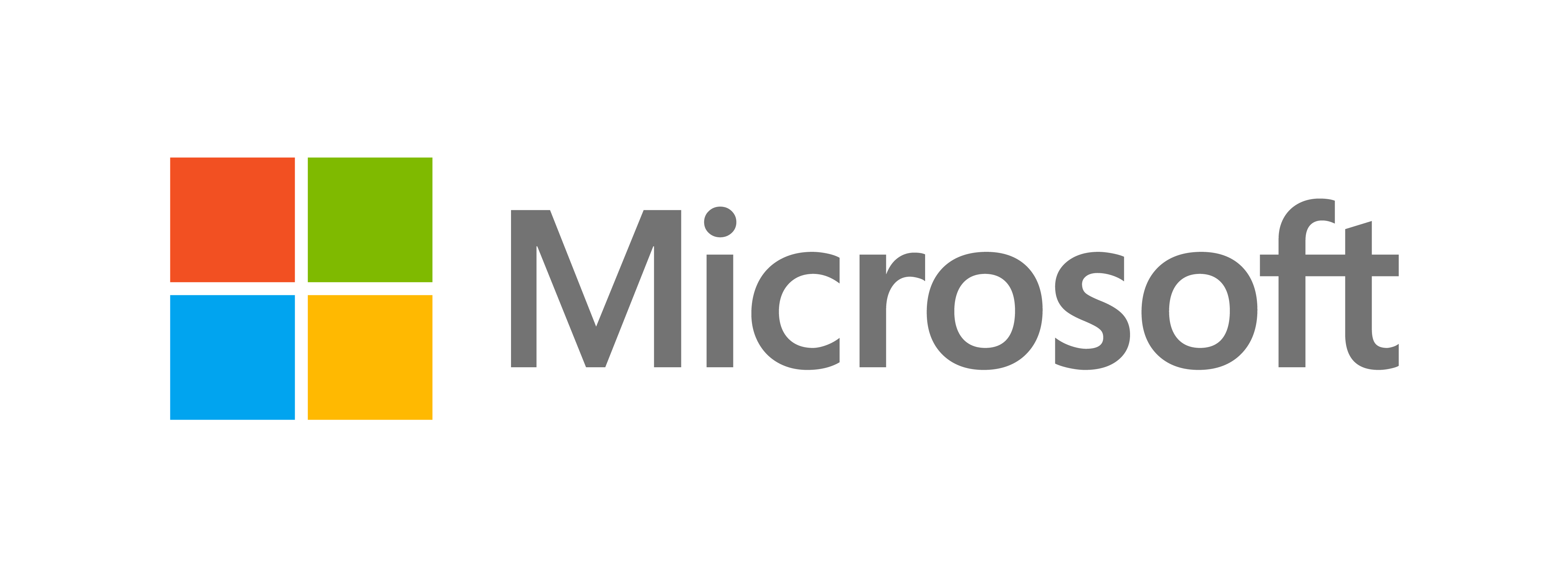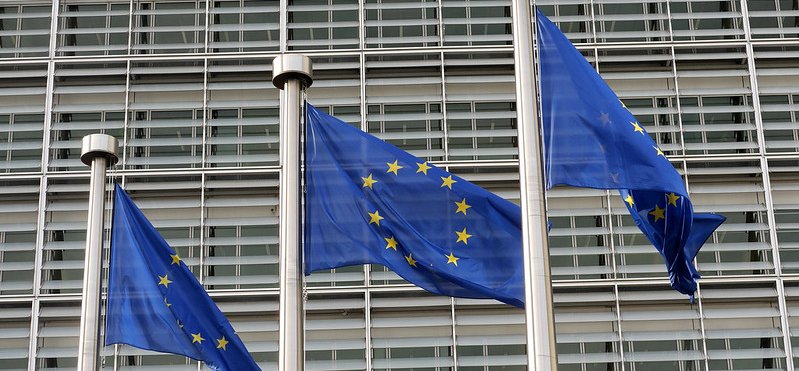The term ‘digital embassy’ has been floating around for years, but it often adds more confusion than clarity. In his blog ‘What is a ‘digital embassy’? (Spoiler: It’s not an embassy)’, Jovan Kurbalija argues that the phrase is a misnomer in a field already crowded with overlapping labels like digital diplomacy, cyber diplomacy, and tech diplomacy.
The expression became popular after Estonia, in 2017, set up an offshore backup of national data on servers in Luxembourg under diplomatic protection. The idea was innovative, but Kurbalija stresses that a protected data vault is not an embassy in the traditional sense; it does not represent a country, negotiate on its behalf, or engage with the host society.
He points to the 1961 Vienna Convention on Diplomatic Relations, which defines an embassy as a state’s official presence on foreign territory, tasked with representation, negotiation, and the safeguarding of national interests. While states have experimented with online forms of presence, such as official websites or even ‘virtual embassies’ in platforms like Second Life, the core function remains political and relational, not simply technical.
Calling a remote server a ‘digital embassy,’ Kurbalija warns, can mislead the public and muddy policymaking. An embassy suggests diplomacy and interaction; a backup facility is about continuity, resilience, and the preservation of state records.
Estonia’s motivation, he notes, was shaped by history, specifically the fear of losing national archives and collective memory, echoing the 1940 seizure of records during Soviet control.
The push for more precise terminology may become even more important if these facilities evolve. A proposal raised during a World Economic Forum panel suggested adding AI-based processing capabilities to such offshore data sites, an idea that could shift them from passive storage toward something closer to strategic infrastructure linked to ‘AI sovereignty.’
Kurbalija suggests that instead of stretching the word ‘embassy,’ governments could borrow more precise historical concepts for protected foreign facilities, such as a ‘diplomatic enclave,’ ‘diplomatic funduq,’ or ‘diplomatic sanctuary.’ His broader point is that as countries invest in digital resilience and sovereignty, the language used to describe these arrangements should keep pace, because legitimacy and legal clarity often begin with accurate naming.
Diplo is live reporting on all sessions from the World Economic Forum 2026 in Davos.
Would you like to learn more about AI, tech, and digital diplomacy? If so, ask our Diplo chatbot!










